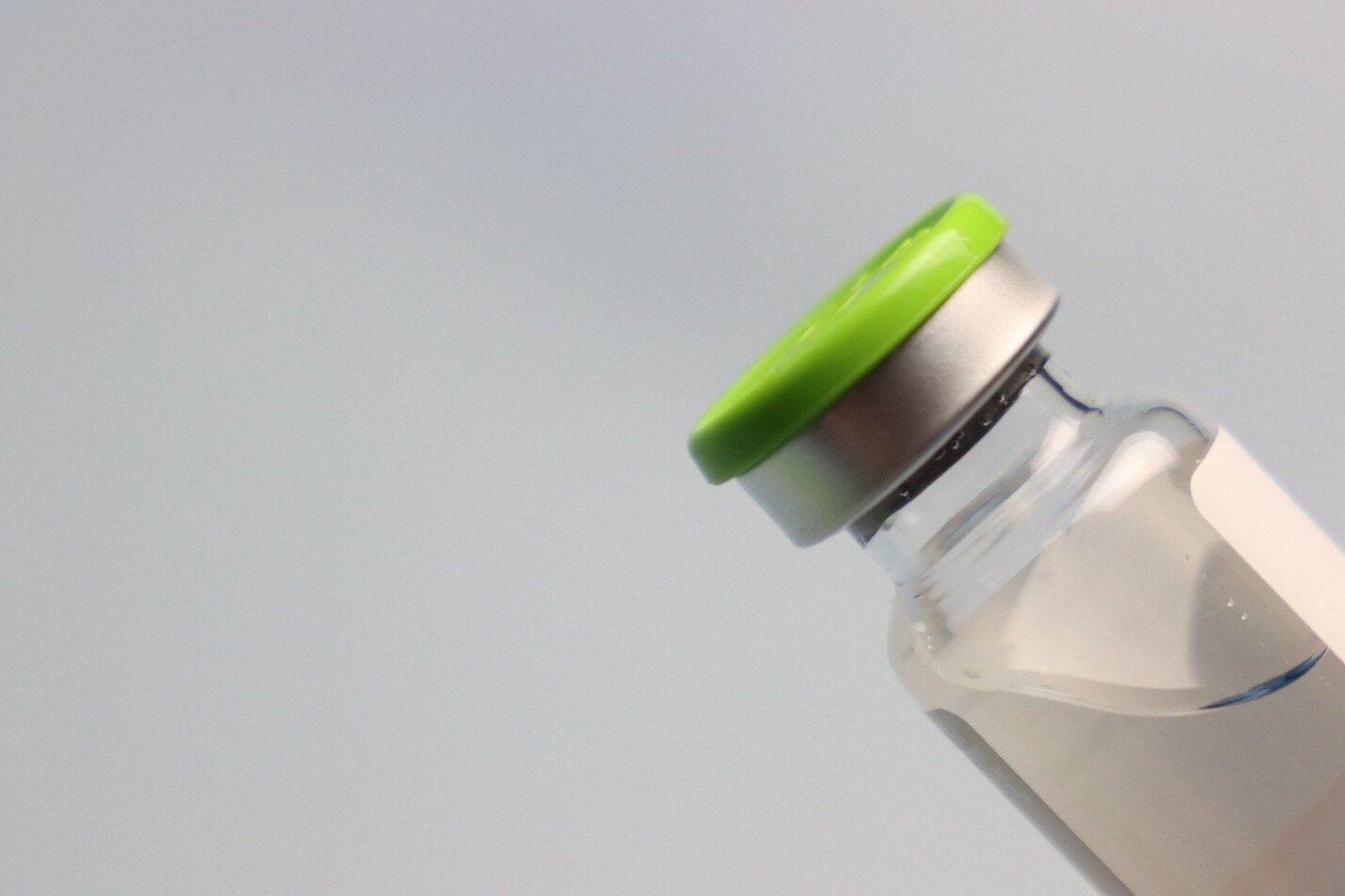Learn how mRNA and non-mRNA COVID-19 vaccines work and talk with your doctor to choose the best option for you.
Why Vaccination Still Matters
Protecting Yourself and Others
Staying up to date on your COVID-19 vaccine helps protect you from serious illness that could lead to hospitalization or death.
Talking to Your Doctor
Talk with your family physician about your COVID-19 vaccine questions. They want to know about your concerns and personal values. Work with your family physician to make an informed decision about vaccination based on the best available evidence.
What Are Non-mRNA and mRNA Vaccines?
There are two types of COVID-19 vaccines. They create immunity in different ways.
How Non-mRNA COVID Vaccines Work
Non-messenger ribonucleic acid (or non-mRNA) vaccines use harmless pieces of the virus, specifically the spike protein, to train your immune system. They include an ingredient (called an adjuvant) that boosts the immune response.
- After getting a non-mRNA COVID-19 vaccine, nearby cells take in the protein pieces made by the vaccine.
- Your immune system quickly notices that these proteins don’t belong in your body.
- The adjuvant boosts your immune system’s response—helping it make antibodies and activate other immune cells.
- This teaches your body how to protect itself from the real virus, without you ever having to get sick.
- Any side effects are normal and show that your body is building protection.
Other non-mRNA vaccines are used to prevent influenza, hepatitis B, human papillomavirus (HPV), herpes zoster, and respiratory syncytial virus (RSV).
How mRNA COVID Vaccines Work
mRNA vaccines use lab-made instructions to teach your body how to make a harmless piece of the virus, usually a protein.
- After you get an mRNA vaccine, the mRNA enters your muscle cells and gives them instructions to make the spike protein.
- Once your cells make the spike protein, they break down the mRNA and get rid of it.
- Your cells display the spike protein on their surface.
- Your immune system sees it as foreign and starts building a defense.
- This teaches your body how to protect itself from the real virus.
- Any side effects are normal signs that your body is building protection.
Additional Resources
Conversation Starters
How to Talk to Your Doctor About COVID-19 Vaccine Options
Your family doctor is a great resource for understanding what your options are when it comes to protecting yourself and your loved ones again COVID-19. Use this resource as a way to get the conversation started.
Who Should Get Which Vaccine?
Eligibility and Age Guidelines
Your family doctor will recommend a COVID-19 vaccine for all eligible patients, providing guidance on the benefits, risks and timing of vaccination.
Safety and Side Effects
Common Side Effects
Side effects are normal and show that your body is building protection.
Severe Allergic Reactions
People who have severe allergic reactions or allergies to vaccine components should not receive that vaccine type.
Signs of severe allergic reaction include:
- Anaphylaxis
- Low blood pressure or rapid heartbeat
- Swelling of the lips, tongue, or throat
- Widespread skin rash
- General swelling
- Rash inside mouth or nose
Questions to ask your doctor
- What are the benefits and risks of each vaccine type?
- Which vaccine is recommended for my age and health status?
- What side effects should I expect?
- How does vaccination protect my family and community?
ADVERTISEMENT
ADVERTISEMENT





